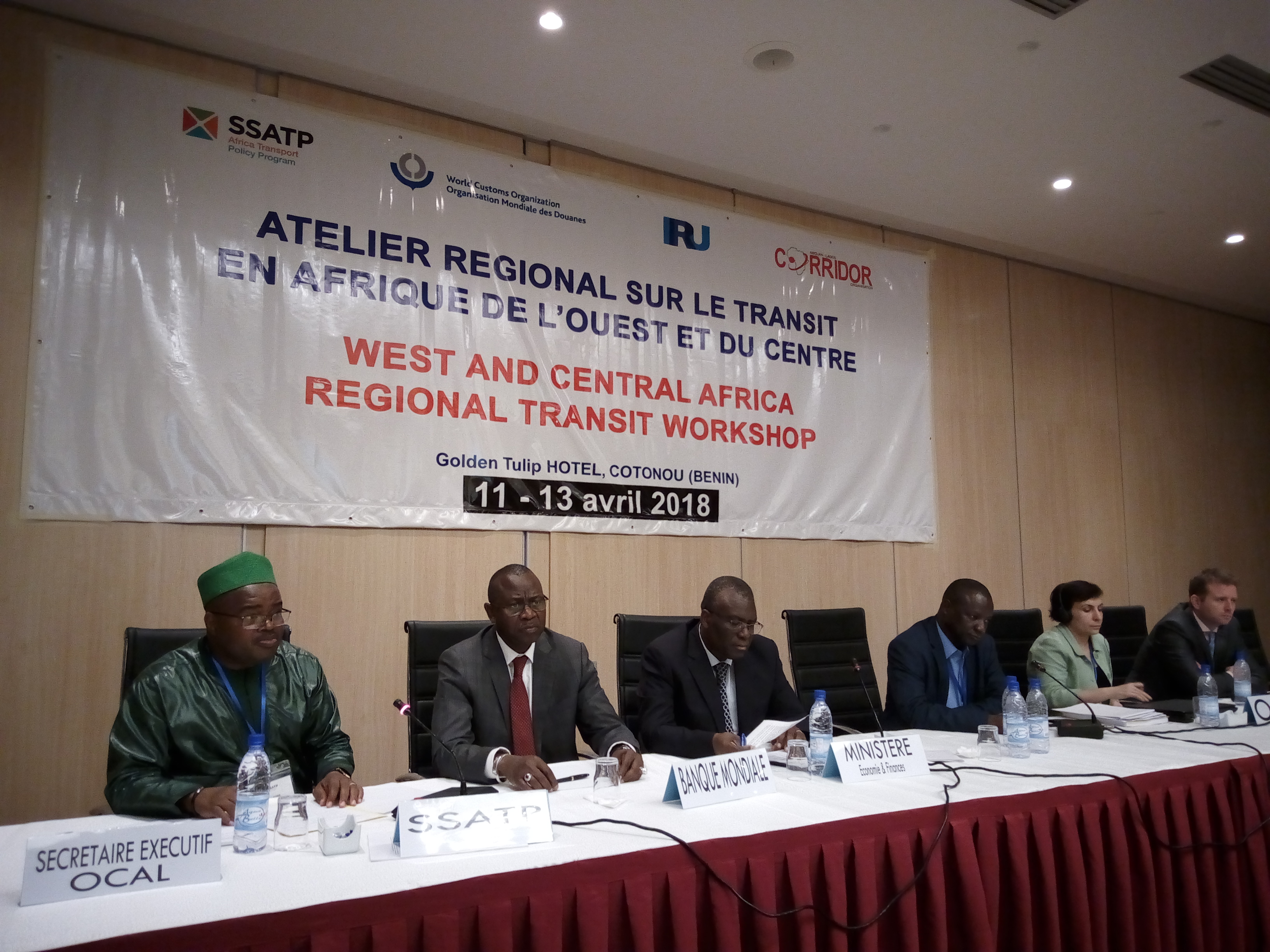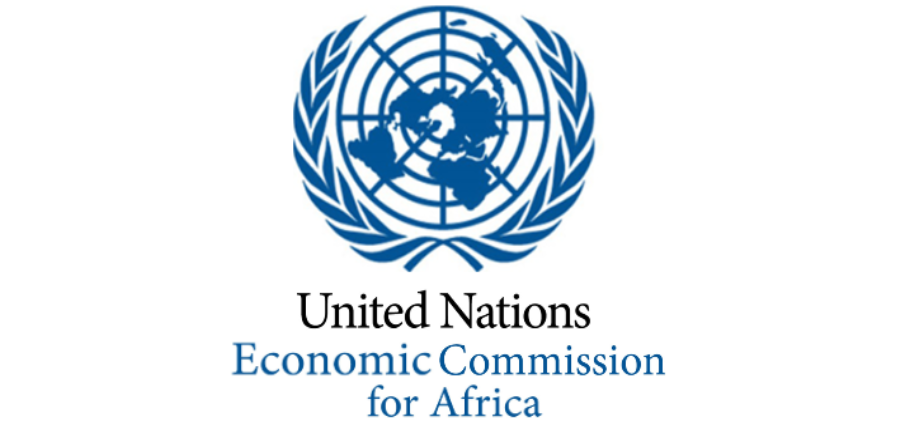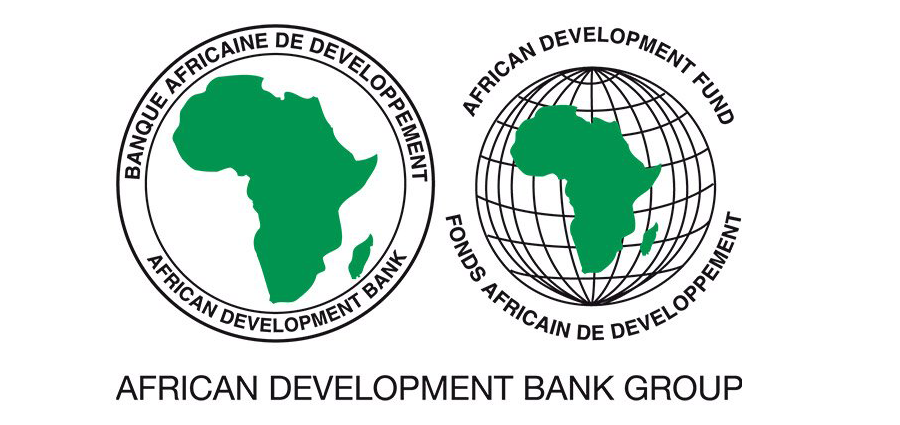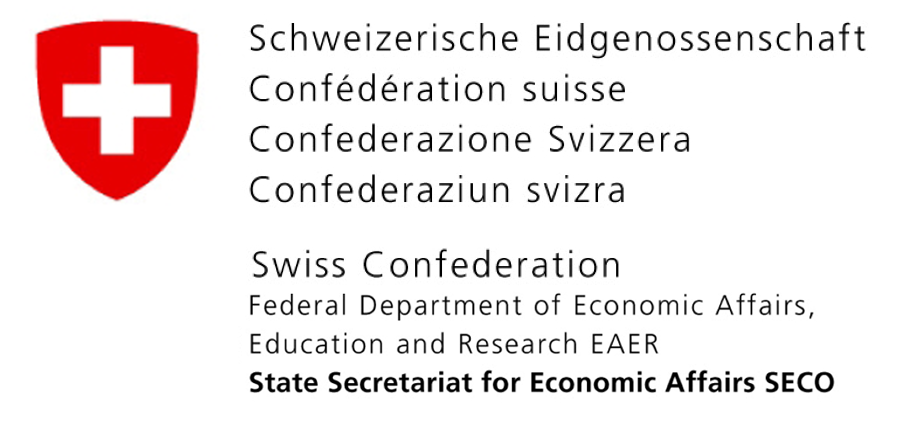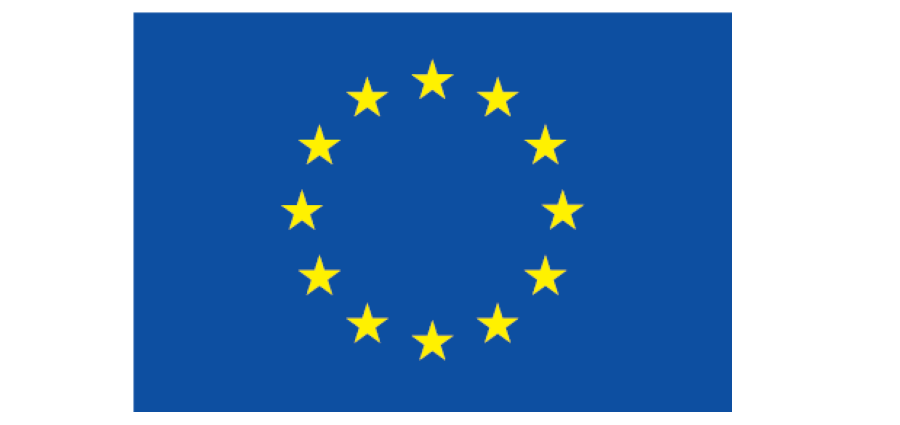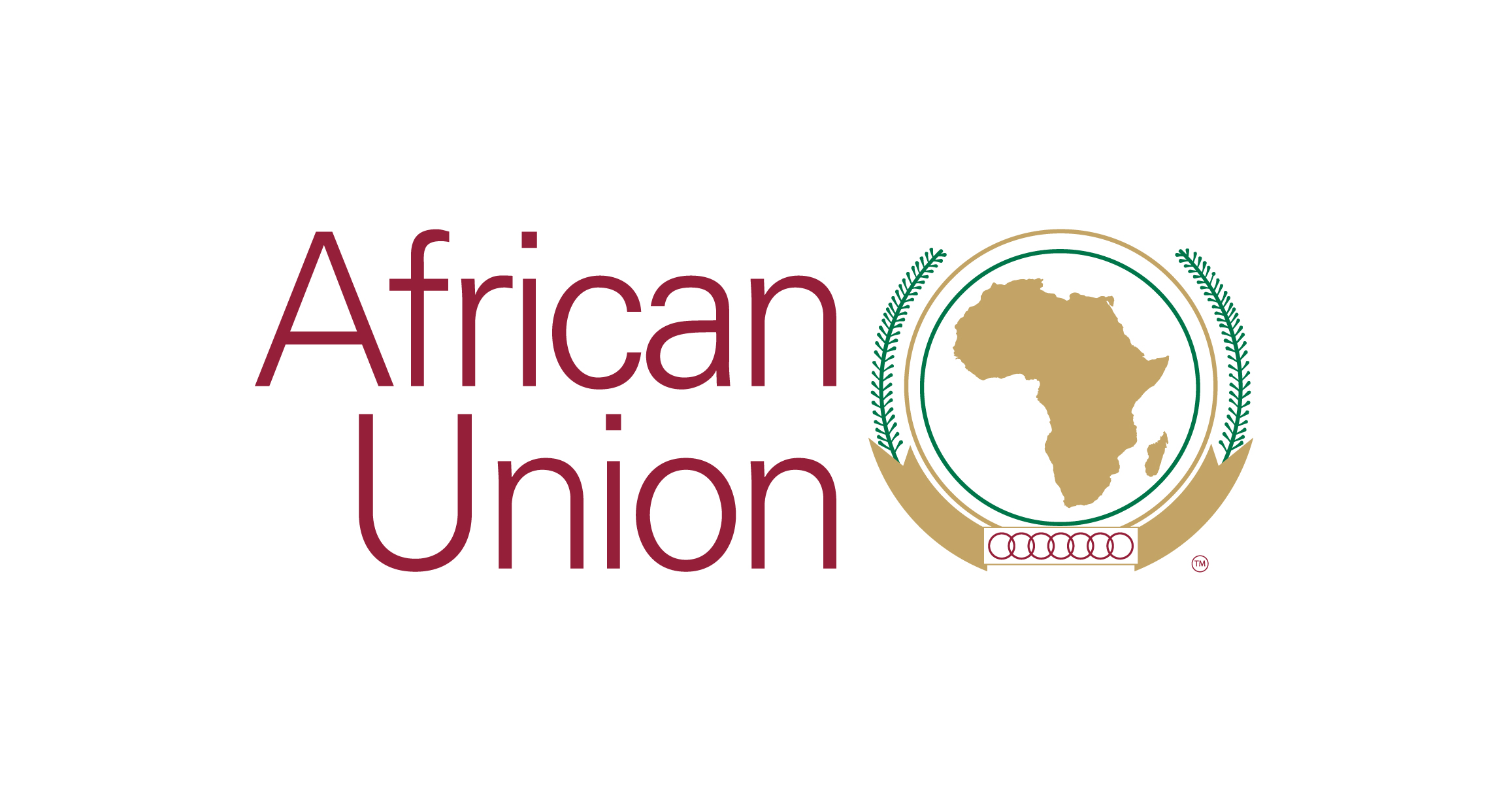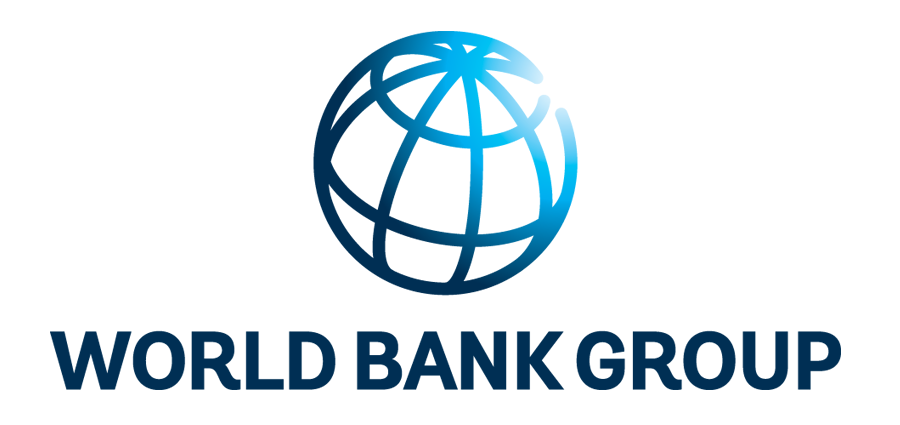Transit Workshop for West and Central Africa: SSATP – WCO – IRU – ALCO
Throughout its activities on many corridors in Africa, the SSATP had the opportunity to witness the diversity of the approaches and solutions adopted to improve corridor performance, but also to note that several corridors were struggling with challenges that had been successfully addressed on other corridors.
It is driven by this belief that Africa can solve Africa’s challenges that the SSATP, in response to a request from its public and private stakeholders, joined forces with the World Customs Organization (WCO) and the International Roads Union (IRU) to establish this forum comprising Customs authorities, trucking associations, clearing and forwarding associations, national guarantors for transit, and regional transport and logistics organizations. The first edition was held in November 2017 for Eastern and Southern Africa countries, in partnership with the Maputo Corridor Logistics Initiative (MCLI) and now, the second edition for West and Central Africa in April 2018, with the Abidjan Lagos Corridor Organization (ALCO).
The two workshops identified several good practices that could be replicated on other corridors in Africa. The SSATP will publish a compendium of good practices for transit on Africa’ corridor, from which the WCO will draw for its publication on global good practices for transit.
The SSATP identified the following good practices (and also some bad practices as examples to avoid, which is equally important):
- The Single Customs Territory in East Africa;
- The PACIR (French acronym for support program to trade and regional integration) and notably the Customs interconnection;
- An overview of the fees and charges (contravening rules principles and good practices) applied to transit goods in West Africa (as example of bad practice) and the advocacy work of the Borderless Alliance aiming at their removal;
- A position paper on the use of GPS and electronic seals for different categories of vehicles for securing transit goods;
- A review of public private dialogues mechanisms and an assessment of their effectiveness in improving governance and transparency on corridors;
- A review of the Inter-State Road Transit mechanism (the TRIE) in West Africa using the pillars for an effective transit regime on which the TIR guarantee (IRU) is founded;
- A review of the COMESA regional transit guarantee scheme.
More specific to the region, the West and Central Africa workshop highlighted several issues, good and bad practices, that will be further explored through thematic working groups of regional stakeholders and development partners:
- Facilitate the regional dialogue between Customs authorities, ECOWAS Commission, and development partners, for the implementation of the PACIR solution;
- Establish a mechanism for compiling and updating fees and charges on transit goods that are contravening good practices with a view to eliminate the illegal ones and reduce the impact for the legitimate ones;
- Prepare a position on the use of GPS and electronic seals for different categories of vehicles for securing transit goods;
- Conduct a review of the Inter-State Road Transit mechanism (the TRIE) in West Africa using the pillars for an effective transit regime on which the TIR guarantee (IRU) is founded;
- Explore ways and means to support the establishment and operations of regional federations for transport and logistics industry associations for an inclusive public private dialogue, under the auspices of ECCAS in Central Africa, and ECOWAS in West Africa with notably WARTU;
- Improve the governance of corridor operations through transport observatories taking advantage of IT, to ground advocacy work by stakeholder groups and institutions on verified and reliable information.
Action plans will be developed for each of these topics, with practical interventions and a timeline (short, medium and long term) for submission to relevant ministerial meetings and organs.
